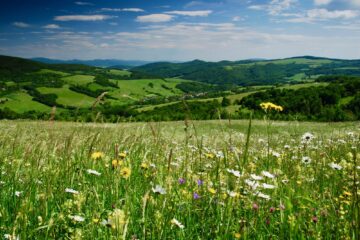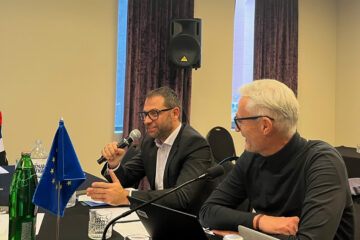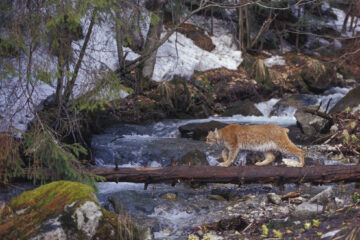Mountain Biodiversity Day
13 January 2021
With their rich biodiversity and vital ecosystems, mountains play a key role for the well-being of people worldwide and for the protection of biodiversity on a global scale. However, these precious environments are strongly exposed to climate change, pollution and land use changes that threaten their flora and fauna as well as local mountain communities. Effective tools and mechanisms are needed to protect mountain biodiversity. Mountain regions can offer multiple approaches for adaptation and sustainable responses to climate change that strengthen the resilience of wildlife and people. The Alpine and Carpathian Convention, as the two mountain conventions, can provide valuable insights into interregional coordination and can give incentives to join forces in protecting precious mountain environments.
The one-day event offers a platform for discussions between experts and representatives from mountain regions all over the world, working in the field of biodiversity, with a strong focus on mountains. The main goal is to share experiences, identify shared challenges and showcase best-practice examples and solutions from various regional perspectives. As an outcome of the event, a Joint message on the importance of protecting global mountain biodiversity will be developed to be then taken forward to major global events such as the IUCN World Conservation Congress.
The Mountain Biodiversity Day is hosted by the outgoing French Presidency of the Alpine Convention in cooperation with the French Presidency of the EU-Strategy for the Alpine Region (EUSALP). The event is jointly coordinated by the Alpine Network of Protected Areas (ALPARC), the Permanent Secretariat of the Alpine Convention and the Secretariat of the Carpathian Convention as well as the United Nations Environment Programme (UNEP).
MEETING DOCUMENTS
MEETING PRESENTATIONS
Presentations “Global mountains”
| 1. | |
| 2. | |
| 3. | |
| 4. | |
| 5. | |
| 6. | |
| 7. | |
| 8. | |
| 9. | |
| 10. | |
| 11. | Bringing mountains and PAs back into our lives by Isidoro de Bortoli (Project manager, EURAC Research) |
| 12. |
| 1. | |
| 2. | |
| 3. | |
| 4. | |
| 5. |


